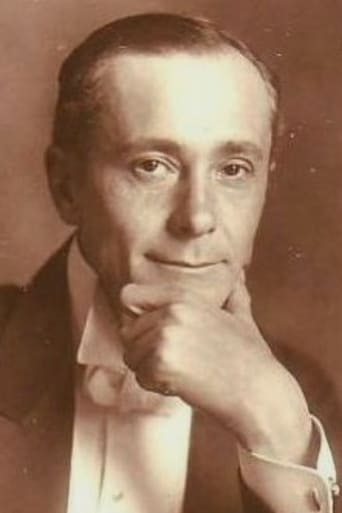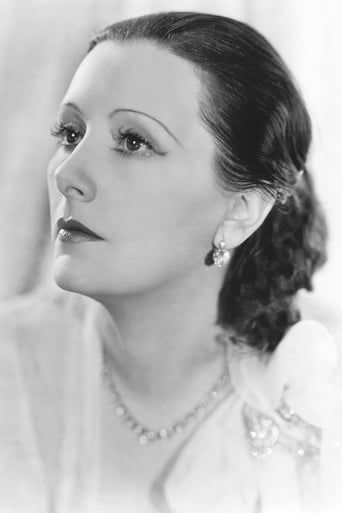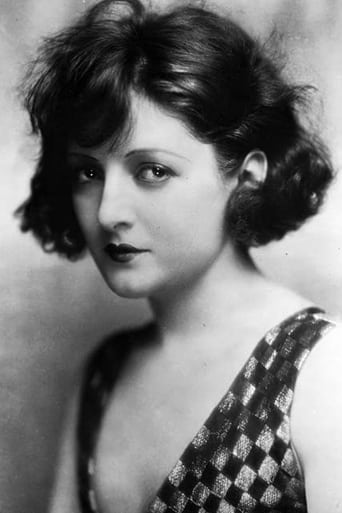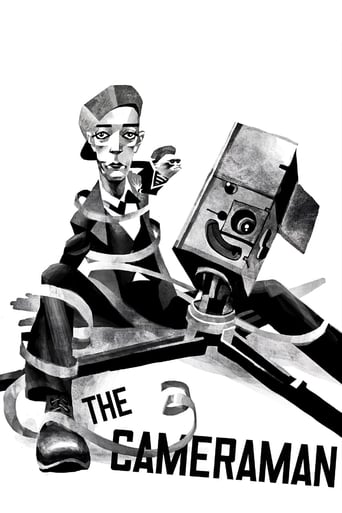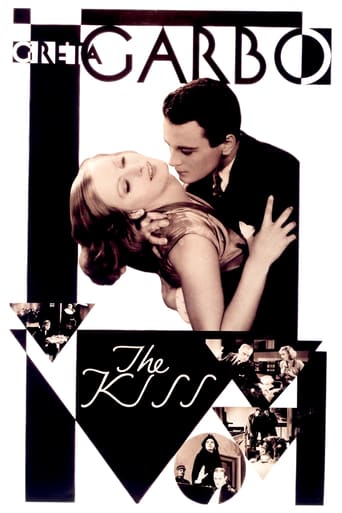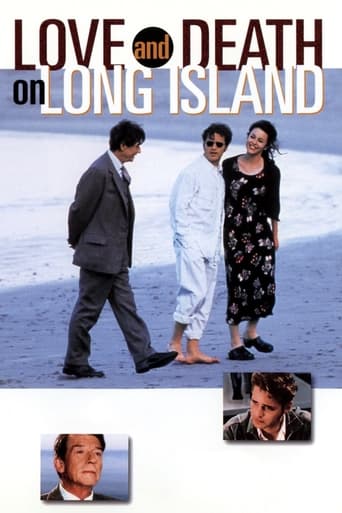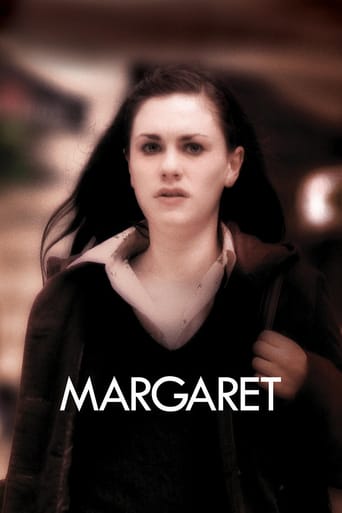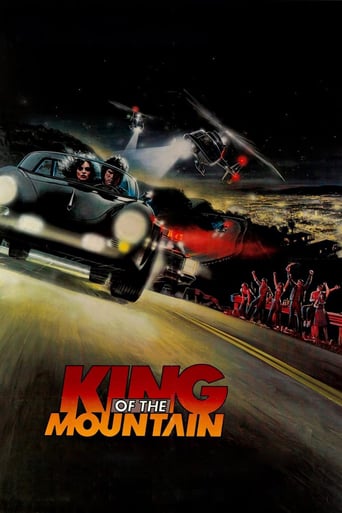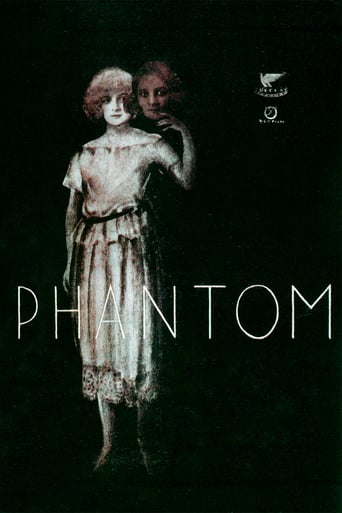
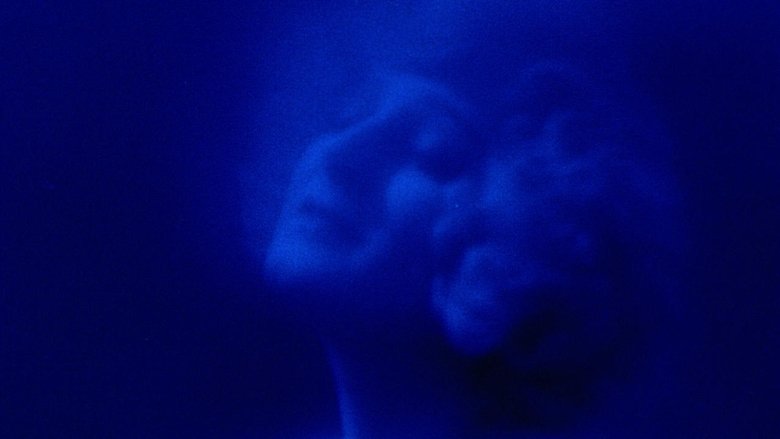
Phantom (1922)
Lorenz Lubota is a city clerk with no direction in life. One day on his way to work he is run over by a woman driving a chariot and he is immediately infatuated with her.
Watch Trailer
Cast
Similar titles
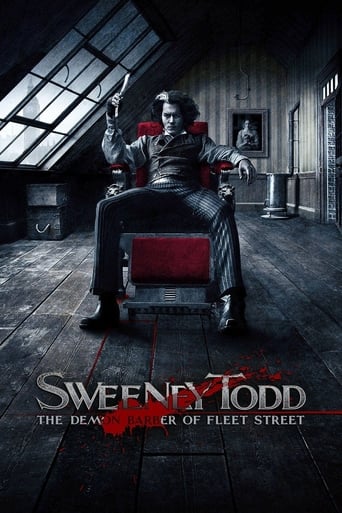

Reviews
Great movie! If you want to be entertained and have a few good laughs, see this movie. The music is also very good,
Like the great film, it's made with a great deal of visible affection both in front of and behind the camera.
The acting in this movie is really good.
This is one of the best movies I’ve seen in a very long time. You have to go and see this on the big screen.
I have to say, from the film's opening I am confused on some of the details. If you took out that confusion factor, I'd give this a nine, because it is a deep haunting tale, almost a noir, except twenty years before noir's inception. What movies could we have had to look back on if F.W. Murnau had lived into the 1940's and experimented with noir as Fritz Lang did? Lorenz Lubota (Alfred Abel) is a city clerk doing a boring menial job. He escapes by writing poetry. He has a younger brother who barely figures into the plot and goes to art school. He has a younger sister who is a party girl who dabbles in prostitution. His mother loves her children, but her bitterness is so deep it is almost contagious. She is bitter over her poverty (this can't do much for Lorenz' self esteem since he is the provider for the entire family) and bitter about her estranged sister's success as a pawnbroker with no mercy who has accumulated great wealth from her profession.Lorenz is loved in secret by Marie, the daughter of the owner of the local bookstore. She thinks he is creative, deep, and a very honest man. Why is Lorenz so honest? Because he has never been tempted! Because at his first encounter with something really tempting his moral code collapses completely. His bout with fate begins when he is run down in the street by a team of horses pulling a carriage driven by the beautiful and wealthy Veronika Harlan. Lorenz is unharmed, but he returns to consciousness with Veronika holding his head in her hands, and he is instantly infatuated.His lust is awakened by looking into the face of the most beautiful girl he has ever seen, and his pride is awakened when he is told by Marie's father that his poetry is genius according to a visiting publisher (the publisher turns out to be wrong). When Lorenz realizes he has no chance with the actual Veronika he settles for a look-alike gold digger that he meets in a tavern. The problem? He has no gold for her to dig since he has lost his job as city clerk due to his absences, presence in taverns, and hanging about the front entrance of the Harlan home. Apparently doing a low paying menial civil service job in 1922 Germany required the dullest of home lives.Lorenz soon learns that his poetry is worthless, although this scene is missing from the movie. His solution? A stronger willed criminal minded fellow convinces Lorenz first to commit fraud to keep his gold digging girlfriend, and when Lorenz is found out, he is convinced by the very same fellow to commit robbery to cover up the original fraud. When the midnight robbery goes awry, he just lies down and covers his head to not see his more violent companion murdering the would-be robbery victim, who just happens to be his own aunt! He doesn't try to stop him at all.Now here is where the film loses me. Lorenz has committed fraud, robbery, and been an accomplice to murder, but apparently spends only a short time in prison because he is still young looking when he gets out. That's a very short sentence! In the U.S. at the time he would have gotten a very short rope for the same crimes. Marie and her dad are waiting for him and drive him to a nice house in the country and tell him "This is your new home". Where did this home come from? If he had the kind of money to buy such a home why was his entire family living in a crowded run down apartment before he went to jail? Lorenz calls Marie his "beloved wife" at the beginning of the film - this entire story is told in flashback - so Marie, knowing that Lorenz is really a weak wimpy guy who is capable of giving in to the worst criminal impulses when influenced by a stronger personality, married him also knowing she wasn't his first OR second choice? What happens the next time he has a random encounter with a beautiful woman? Maybe they are both weak and wimpy and are thus made for each other, but that is not what the hopeful feeling with which this movie ends seems to imply.Maybe the most puzzling and unexplained part of the movie is the very beginning. Before we even get to Lorenz writing down this story in a book and thus the flashback tale, there is an image first of an Albert Einstein look-alike walking in the country alone, then a Thomas Edison look-alike also walking in the country alone. No explanation. Then cut to Lorenz looking wistfully out his kitchen window. I don't know. Maybe Murnau was trying to say "geniuses often walk alone, but that doesn't mean that someone who walks alone (Lorenz) is necessarily a genius"??I'll tell you one thing of which this film convinced me - Alfred Abel was a great actor. I was completely convinced he was a tower of jello in this film, and in 1927's Metropolis I was completely convinced he was cold deliberate industrialist capable of sentencing his right hand man to the closest thing there was to hell on earth. Catch this silent film if you can, even if you are not a big fan of the silents I think you'll find it fascinating.
If I remember correctly, it was Peter Greenaway who wrote a few years ago that in the near future one will be able to make films about how somebody thinks and not only about what somebody does. When this time will be here, one should remember F.W. Murnau's "Phantom" (1922) which does exactly what Greenaways was speaking about. Lorenz Lubota is a little scribe, likes books and would like to be a poet. One day, on his way to work, he is hit by a carriage. In this moment, he sees Veronika, the daughter of a rich merchant, and chases from now on her picture like a phantom. It fills up his whole thinking and feeling. He even goes to her parents' house in order to ask for her hand. After he is thrown out, he stops working, neglects his belongings and sinks deeper and deeper in despair. I cannot remember whether anyone else in the "silent" time has made more appropriate use of tinting in order to show the inside of a person than Murnau did. By chance, Lorenz meets Melitta who looks like a twin of Veronika. However, she cheats on him and demands money which he does not have. So he steals it and even lies to his aunt, whom he tells that he needs the money for having his poesies printed as books. Not long after, his aunts finds out about the truth and threatens to turn him in to the police. So, one night, Lorenz and one of his new colleagues break into the house of the aunt. When they are caught by her, the colleague kills her. Lorenz goes to prison as an accessory. When he is released, the daughter of his former boss waits for him, telling him that she always loved him. Besides the unrealistic and rather fairy-tale-like end, this movie shows many motives that Murnau would use in the subsequent year when he shot "Nosferatu". One could say that in "Phantom", he filmed the imaginary world, whereas in "Nosferatu", he projected this imaginary world as a substrate of abyss-less gore into the outside world. However, one could also say that Lorenz, at the end, is rightfully awarded by a loving wife because he belonged to the very few people who really believed in a phantom and even gave up his whole existence for it. And simply the fact that a phantom can exist in our real brain proves its reality, isn't that so?
PHANTOM is a very heavy-handed morality tale of a simple man who inexplicably becomes infatuated with a woman after seeing her only briefly. Despite being a seemingly nice guy, he throws his life away and the film revels in this spiral as well as the parallel story of his sister who becomes a prostitute.While the film on technical merits isn't bad (it did have some inventive camera work), it was a major letdown since it was directed by the legendary director F. W. Murnau. Had it been done by some studio hack, then I could understand why this film was so hokey and unbelievable--but from Murnau, his fans have come to expect so much more.Unlike some reviews on IMDb, mine is a bit unusual in that I have now seen just about every known Murnau film in existence today (PHANTOM was the last) and so I can compare it to the body of his work. Clearly, it is the worst of his films and lacks the magic and genius that Murnau is known for having. You might be surprised to hear that although his most famous film is NOSFERATU, it may not be his best film--mostly because NOSFERATU, like PHANTOM, seems a tad old-fashioned and stilted--even for 1922. This can be forgiven in NOSFERATU because despite these lulls, the rest of the film is so transcendent and amazing--making it one of the greatest silent films of all time. There is nothing about PHANTOM that can make you overlook the very dated plot--it's just heavy-handed and not particularly memorable.As I said, Murnau made some truly amazing films. Aside from NOSFERATU, he is most famous for the Oscar-winning SUNRISE, but neither of these is my favorite. I love and recommend you see FAUST because the camera work and artistry is just amazing--making Goethe's story a freshness and style that just have to be seen to believed. I also liked it because I (unfortunately) have read the very long book "Faust" and found the film actually made me like the story! THE LAST LAUGH and TARTUFF are also simply wonderful films that any serious student of German cinema must see.So, my advice is to watch PHANTOM if you like, but if you aren't acquainted with F. W. Murnau's films, try any of the others first--otherwise you might not be able to detect his genius and deftness.
The story of a man Lorenz Lubota (played by Alfred Abel) who chases a woman Pfandleiherin Schwabe (Grete Berger) who keeps escaping him and is, virtually, like a phantom. This drama is not as potent as Murnau's other attempts at heart wrenching dramatic cinema (such as TABU and SUNRISE). Much like SUNRISE this film suffers from a running time that could, easily, be cut in half. There are not as many interesting elements in this story as, say, THE HAUNTED CASTLE or FAUST. But still it is worth a look for any of Murnau's dedicated fans. It includes Murnau's usually study of human suffering and torment, and his supernatural imagery (a ghostly horse carriage, and a leaning city- much like Weine's CAL
